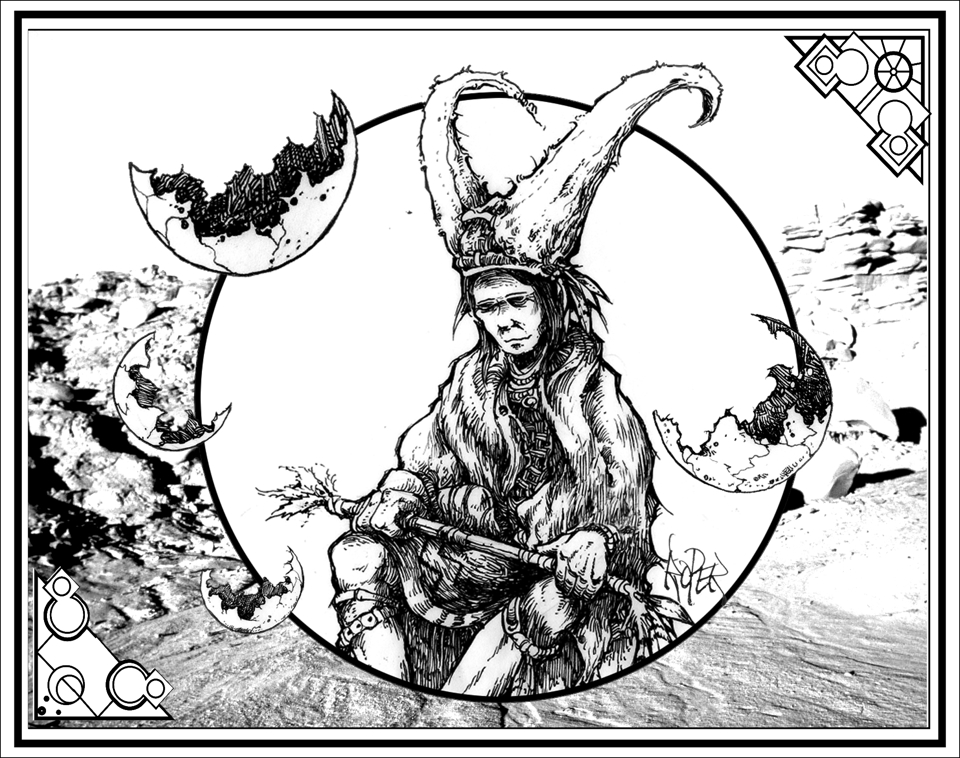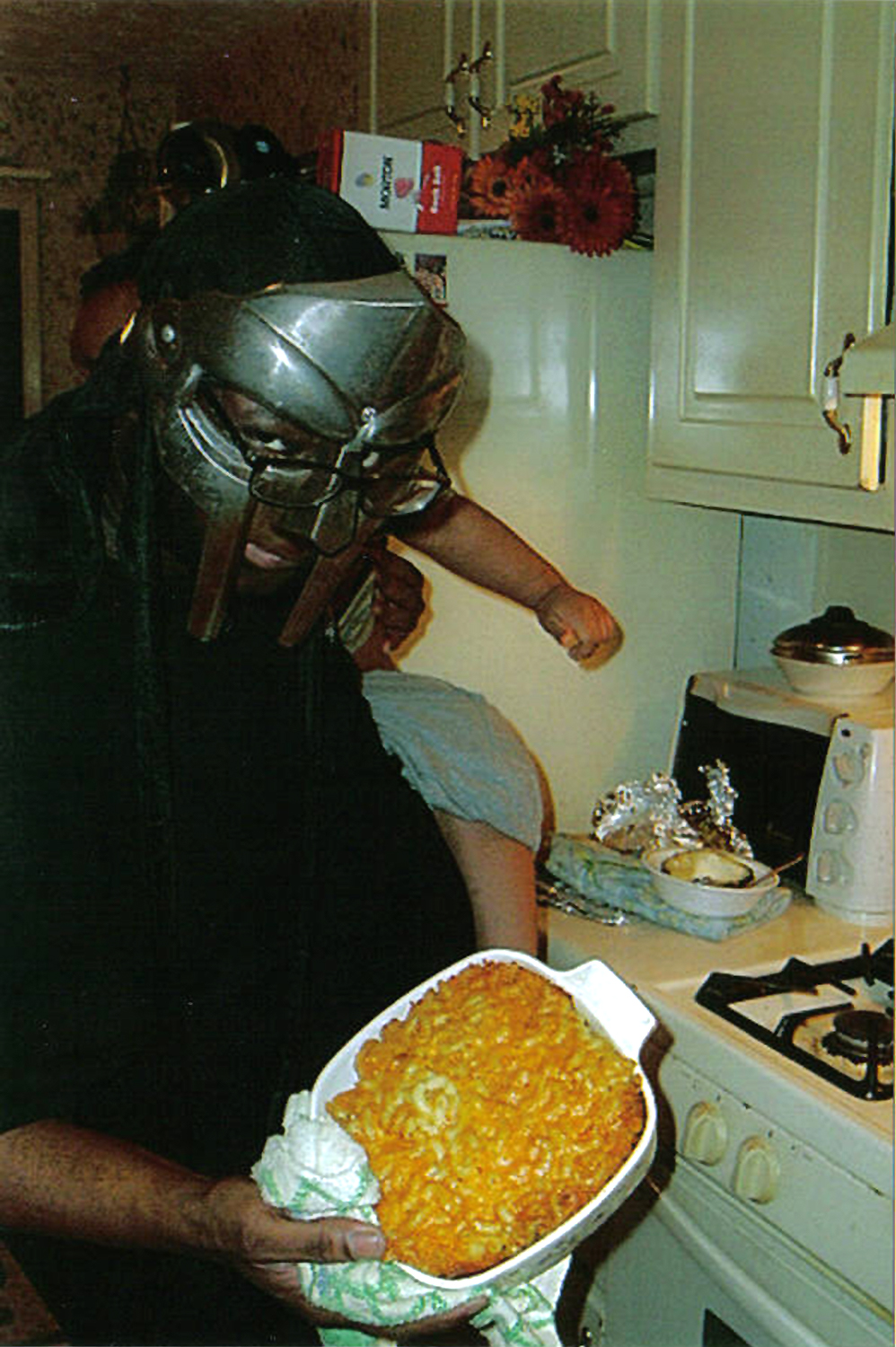Originally published in Arthur No. 14 (January 2005)
The Gelded Age
A “Camera Obscura” column by Paul Cullum
CAMERA OBSCURA is a regular column examining the world and its lesser trafficked tributaries, recesses and psychic fallout through the filters of film, video and DVD.
***
Discussed herein:
Bill Hicks Live
(featuring One Night Stand, Relentless and Revelations)
(Rykodisc DVD)
Love All the People: Letters, Lyrics, Routines
By Bill Hicks
(Soft Skull Press)
Men of Crisis: The Harvey Wallinger Story
Directed by Woody Allen
(unreleased, 1972; available at UCLA Film Archives as part of a preserved PBS special, The Politics of Woody Allen)
* * *
“So that’s what this is about—a fucking robbery?”
—Bruce Willis in Die Hard
I know all the stages of Kuebler-Ross. I know that denial precedes anger, followed by bargaining, depression and acceptance. I know that conspiracy is a word applied by those in consensus to marginalize attempts to find solace in patterns.
But as I write this 100 hours after a collective pole-ax to the expectations of half this country and the whole world beyond, I’m wracked with the queasy suspicion that the bloodless coup dreaded by Sinclair Lewis in It Can’t Happen Here, Nathanael West in A Cool Million, George Orwell in 1984, Philip K. Dick in The Man in the High Castle or even John Milius in Red Dawn has happened on our watch, with our complicit ambivalence.
Already, blood is starting to seep through the hairline fractures in the body politic. Greg Palast estimates 110,000 spoiled votes in overwhelmingly Democratic precincts in Ohio, one of the last punch-card voting states, hobbled once again by hanging or pregnant chads. Heavily Hispanic areas of New Mexico, favored 2-to-1 for Kerry, are reporting a Bush landslide of as much as 68 percent. Exit polls in all the swing states are at variance with the final tally, in ways that uniformly favor the incumbent. Counties using Diebold’s optical scanners in Florida went overwhelmingly for Bush, regardless of party affiliation. In fact, Diebold and ES&S control 80 percent of the electronic voting machines in use, and their technical porousness and capacity for manipulation is legion; ES&S was established with crypto-right-wing Ahmanson family money, and the two brothers who founded it now sit atop both companies.
This doesn’t include the 155,000 provisional ballots in Ohio, which are overwhelmingly Democratic, since no one was challenging Republican voters, nor those driven away by all-day lines, bottle-necked by a lack of available voting machines. Reports are trickling in of door-to-door campaigns in black neighborhoods in Pennsylvania steering voters to the wrong polling stations, spreading disinformation, lying and intimidating. It’s only the 3 million-vote point spread which makes this seem inconceivable (1.5 million of it from Florida, province of the next Republican president). But this is Karl Rove in a nutshell: “The whole art of war consists in a well-reasoned and extremely circumspect defensive, followed by rapid and audacious attack.” (To quote him quoting Napoleon.) In time, we may recognize this as the most massive electoral fraud in the history of the republic. In a month, we may be calf-birthing deep into Constitutional crisis.
Which means that all the gushing liberal guilt you read—the thumb-sucking, head-holding, hand-wringing, soul-searching—is wrong. It’s working backwards from a conclusion, which is what journalism does. It’s re-legislating the ’60s. It is Rove’s bandwagon theory taken macro: In the final moments of a race, people fall in line behind the most likely winner. Two or three more elections like this, and rationalists will begin rethinking the Enlightenment.
Except that there may not be any more election—at least not ones that will matter. Because the House is controlled by Tom DeLay, who is on record as saying that “Democrats are irrelevant”—shut out of committee meetings, starved out of floor time, ignored and forgotten. Because Bill Frist controls the Senate—put there in the White House-engineered putsch that sidelined Trent Lott as a racist and reactionary. Already, they’re floating the idea of “streamlining” Senate procedure: Striking down the cloture rule, which mandates a two-thirds vote to end a filibuster, or bypassing the seniority “tradition” in naming committee chairmanships. What happened to Arlen Specter after he counseled against trying to get anti-abortion judges through the Senate Judiciary Committee is just the opening salvo in the battle they’re fighting now: Near right vs. far. And without the filibuster, you won’t see a Democrat on C-Span for the next four years.
Republicans are up two seats in the House because of redistricting in Texas, a move they will roll out to all 50 state legislatures—particularly Democratic strongholds with Republican governors, like New York or California. Legislative districts reshaped as fingerprint whorls means they won’t even have to steal elections anymore. Suddenly, aberrations in the political landscape that seemed inexplicable at the time—the California recall, Patriot Act II, Rehnquist’s mysterious illness—seem strategically prescient in retrospect. “Look who they wanted to run against,” says Deep Throat in All the President’s Men. Howard Dean taps the progressive youth motherlode, and he’s impaled on his own scream. Dan Rather turns his folksy paranoia on his co-Texan demagogues, and he’s sandbagged by a reliable source. Tom Daschle publishes a book telling how they make the sausage, and they hunt him down to the ends of the earth, like Stalin did Trotsky.
Rove, the bastard son of a Mormon bounder, has spent his entire 57 years wanting to be Mark Hanna, the strategic visionary who insured Republican Party rule (with the exception of Wilson during WWI) from 1898 to the Depression 30 years later. Barbara Bush, far more the genetic cauldron of her son than his pusillanimous father, is the only public figure I know of to call Roosevelt a traitor to his class. Repealing the ’60s is just warming up for this crowd: They want to dismantle the New Deal—privatize Medicare, Social Security and public education; shift the tax burden downward; loot the treasury; strip the common from the wealth. Think Pottersville with carcinogens and gated communities.
And just as the Pentagon screened The Battle of Algiers as a training film for tracking insurgents, someone has broken down 1984 as a how-to manual, a mere two decades late. This finally explains the war: Why they jettisoned contingency plans, failed to quell looting, laid off the Baathist army, left arms caches unattended, ostracized Sunni clerics. The goal is not to win the war or the peace. The goal is to perpetuate conflict, a misdirection to mask the great gravy train robbery here at home. Already, the election is off the front pages, replaced by Tallulah. Deep Throat said that too: “Follow the money.”
Conservative enforcer Grover Norquist, in typically gracious fashion, said of the Democrats as the new permanent minority: “Any farmer will tell you that certain animals run around and are unpleasant, but when they’re fixed then they are happy and sedate. They are contented and cheerful. They don’t go around peeing on the furniture and such.” (This is the man who gave us “Bipartisanship is date rape.”)
Welcome to the Gelded Age.
Laff Riot
“You have a sense of humor. I’m in favor of jokes. They have a political value. They are a release for the cowardly and the impotent.”
—Graham Greene, The Comedians
The Gilded Age—the first one—was coined by Mark Twain and incubated the likes of Will Rogers, muckraking, Yellow Journalism and the Progressive Movement to begin with. Laughing in the maw of disconsolate fear is an American institution, albeit a lonely one. Lenny Bruce comes to mind, delivered to the cool respite of bathroom tile. Mort Sahl, finally barking himself inside-out. Garry Trudeau, whose Tanner ’88 (currently revived and updated on the Sundance Channel) has much improved with time, and whose script Zoo Plane, on the Washington press corps, is once again relevant. You won’t find them on stamps, and a quarter-century of Saturday Night Live’s loutish corporate apologia would indicate otherwise, but there are comedy heroes and martyrs out there. And at the top of the list is Bill Hicks.
Raised a strict fundamentalist in Houston and then Austin, Texas, Hicks was the architect of the angry liberal persona eventually inherited by Dennis Leary, Dennis Miller (briefly), Bill Maher and, most notably, Chris Rock. (“It’s weird, those are the guys I really miss,” Rock told me once in an interview, remembering their days together at Catch a Rising Star in New York.) Until his death in 1992 of pancreatic cancer, Hicks remained resolutely apoplectic over flag-wavers, Bible-thumpers, ad weasels, marketeers, television, government malfeasance and the first Gulf War (“There never was a war. A war is where two armies are fighting.”). This DVD collects his half-hour standup from HBO’s One-Night Stand, his breakout 1991 performance at the Montreal Comedy Festival (Relentless) and Revelations, his crowning performance at London’s Dominion Theater, plus an excellent Channel 4 documentary titled It’s Just a Ride. In addition, Soft Skull Press has published Love All the People, a collection of interviews, performance transcripts (many of them available as bootlegs), the John Lahr New Yorker profile which chronicled his expulsion from the David Letterman show (and Hicks’s 31-page cri de coeur to Lahr detailing the specifics) and Lahr’s extended foreword. They’re both great. Buy them. Tell others.
Here’s Hicks on the value of drugs, and how he closed his Montreal show:
“How about a positive LSD story, just once. That would be newsworthy, don’t you think? ‘Today, a young man on acid realized that all matter is merely energy condensed to a slow vibration, that we are all one consciousness experiencing itself subjectively; there is no such thing as death, life is only a dream and we are the imagination of ourselves. Here’s Tom with the weather.”
Another rarefied example of political humor is the little-seen Men of Crisis: The Harvey Wallinger Story, written and directed by Woody Allen, Hicks’s acknowledged main influence. A parody of the CBS series Men of Crisis (as well as possibly the 1972 Richard Leacock Cuban Missile Crisis documentary Crisis), this half-hour short, shot in 1972 in four days for WNET in New York, mixes the documentary format of Take the Money and Run with the newsreel gags of Zelig to profile a Nixon advisor—a Kissinger wolf by way of John Dean nebbish—given to goofy rationalizations (“We decided to bomb Laos for a very strategic reason—we were not happy with the way it was spelled.”). Louise Lasser is on hand as his first wife, as is a painfully fresh-faced Diane Keaton to ridicule his sexual prowess. In the wraparound WNET studio interview, broadcast under the ironic title The Politics of Woody Allen, Allen rejects the mantle of activist comic. “My personal feelings don’t enter into this, they’re so hostile,” he says. But that’s not to say he is without valid political instincts:
“The good cartoons,” he says, “are where mice beat the hell out of cats. I like that.”
* * *
DVDs/videos courtesy of Cinefile, the official video store of Arthur. Contact Cinefile at (310) 312-8836 or http://www.cinefilevideo.com.







